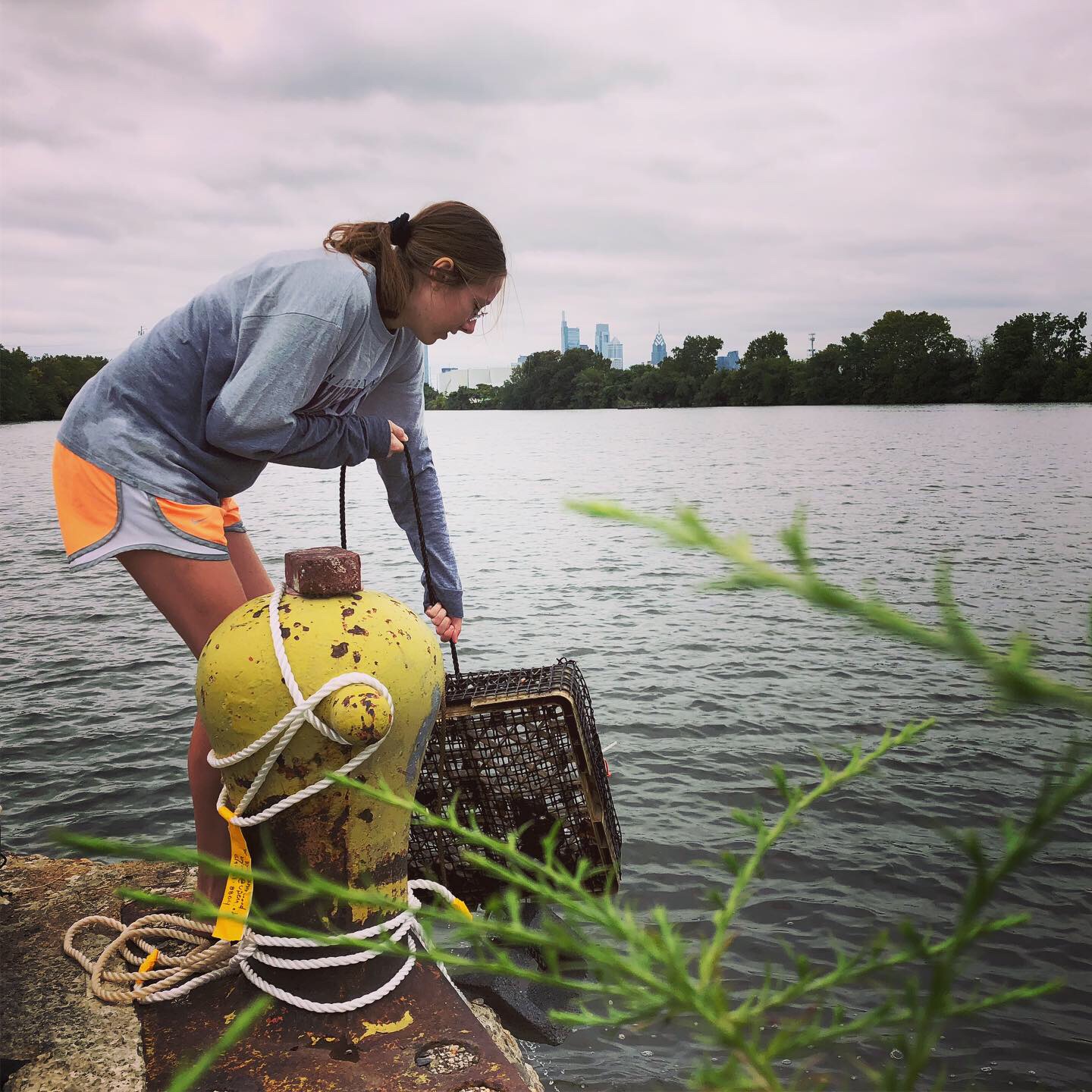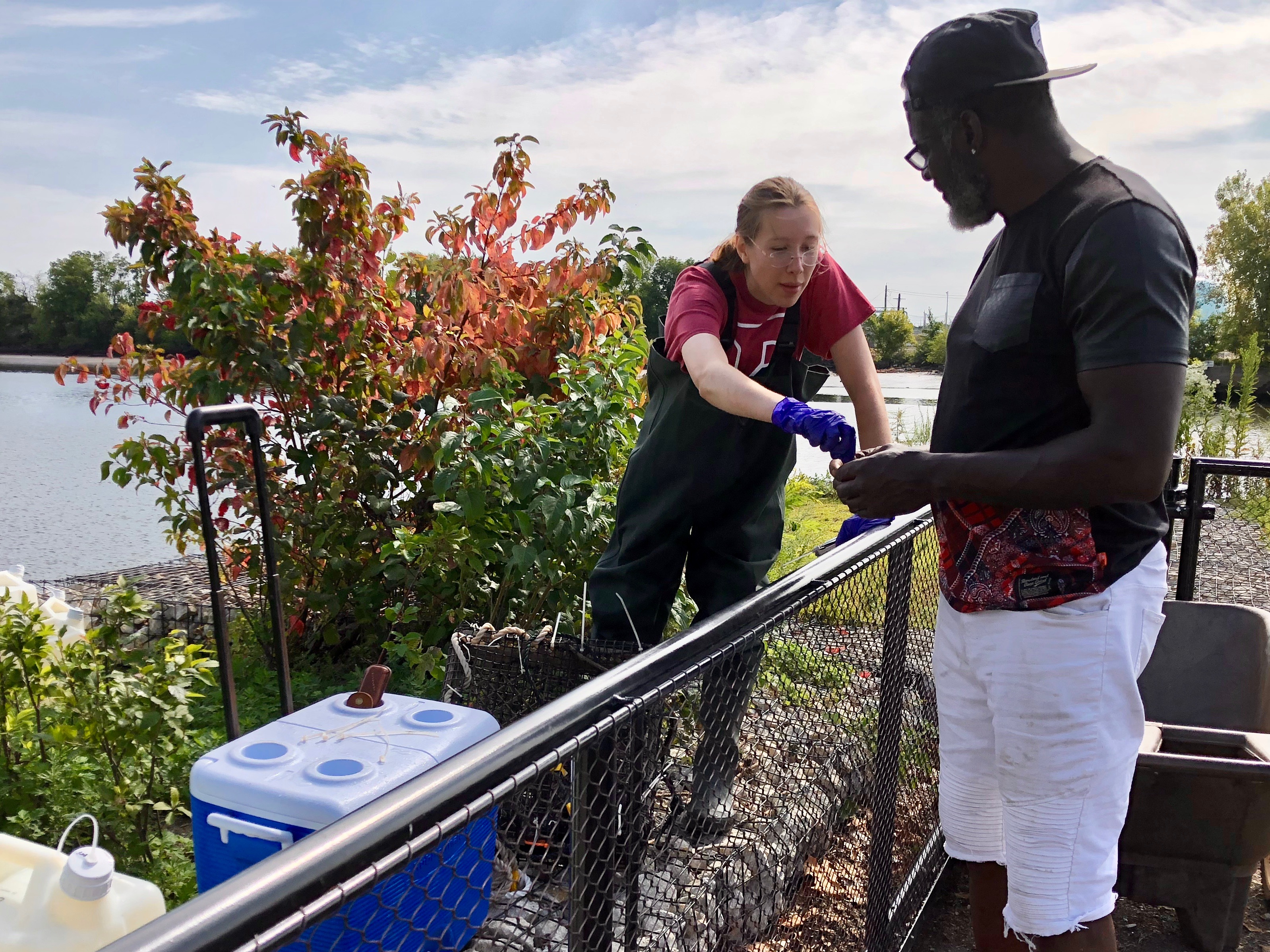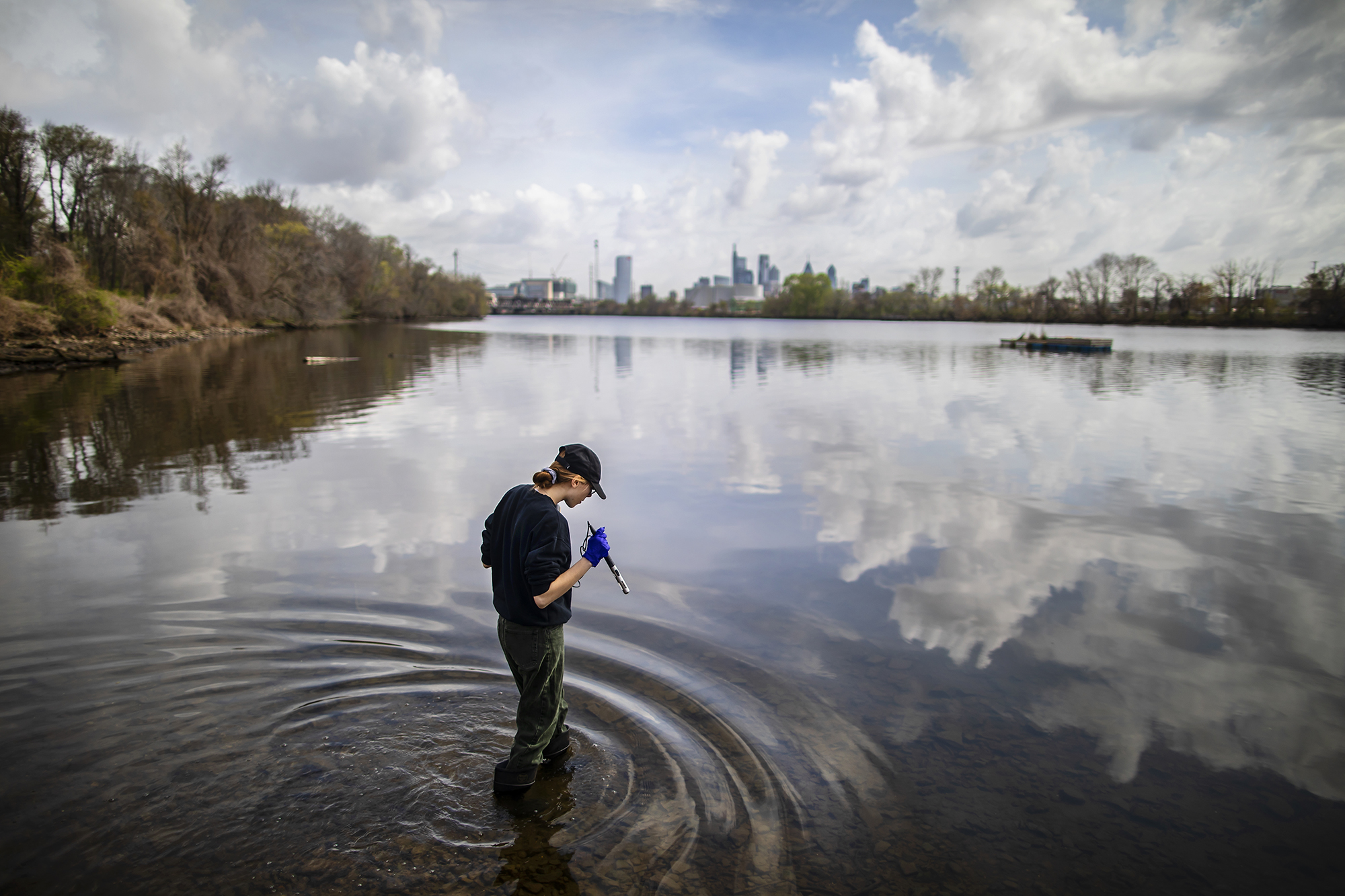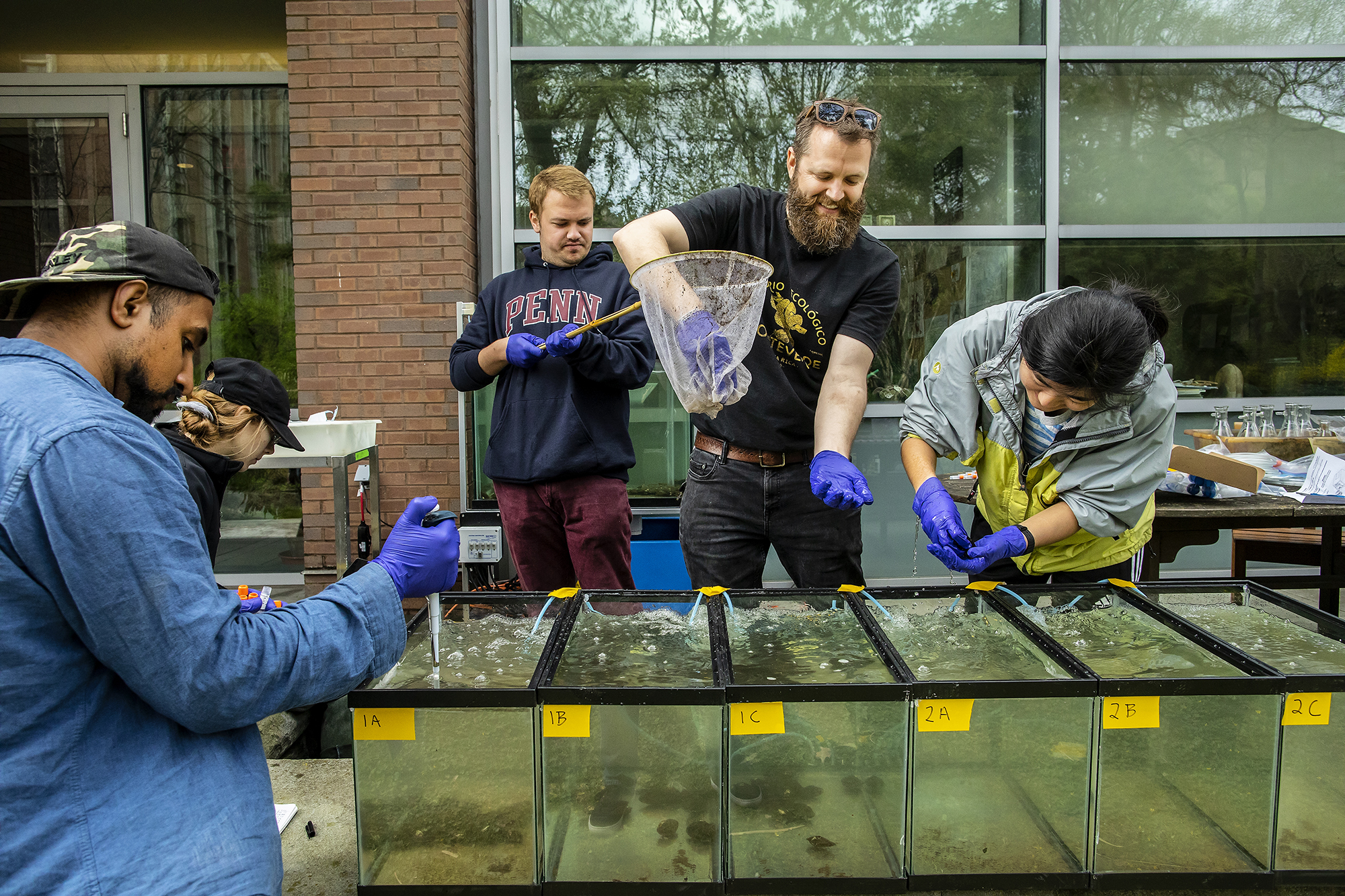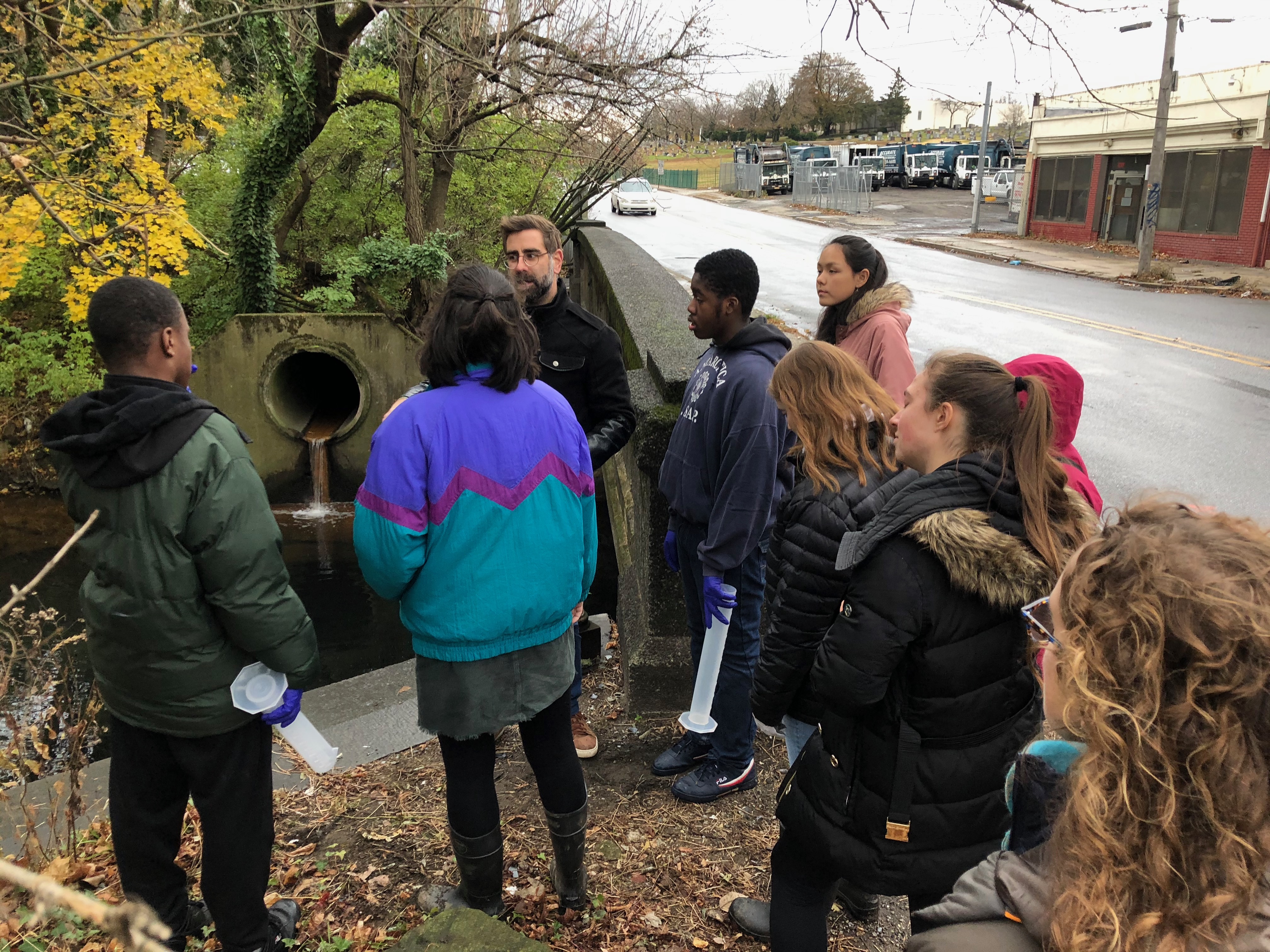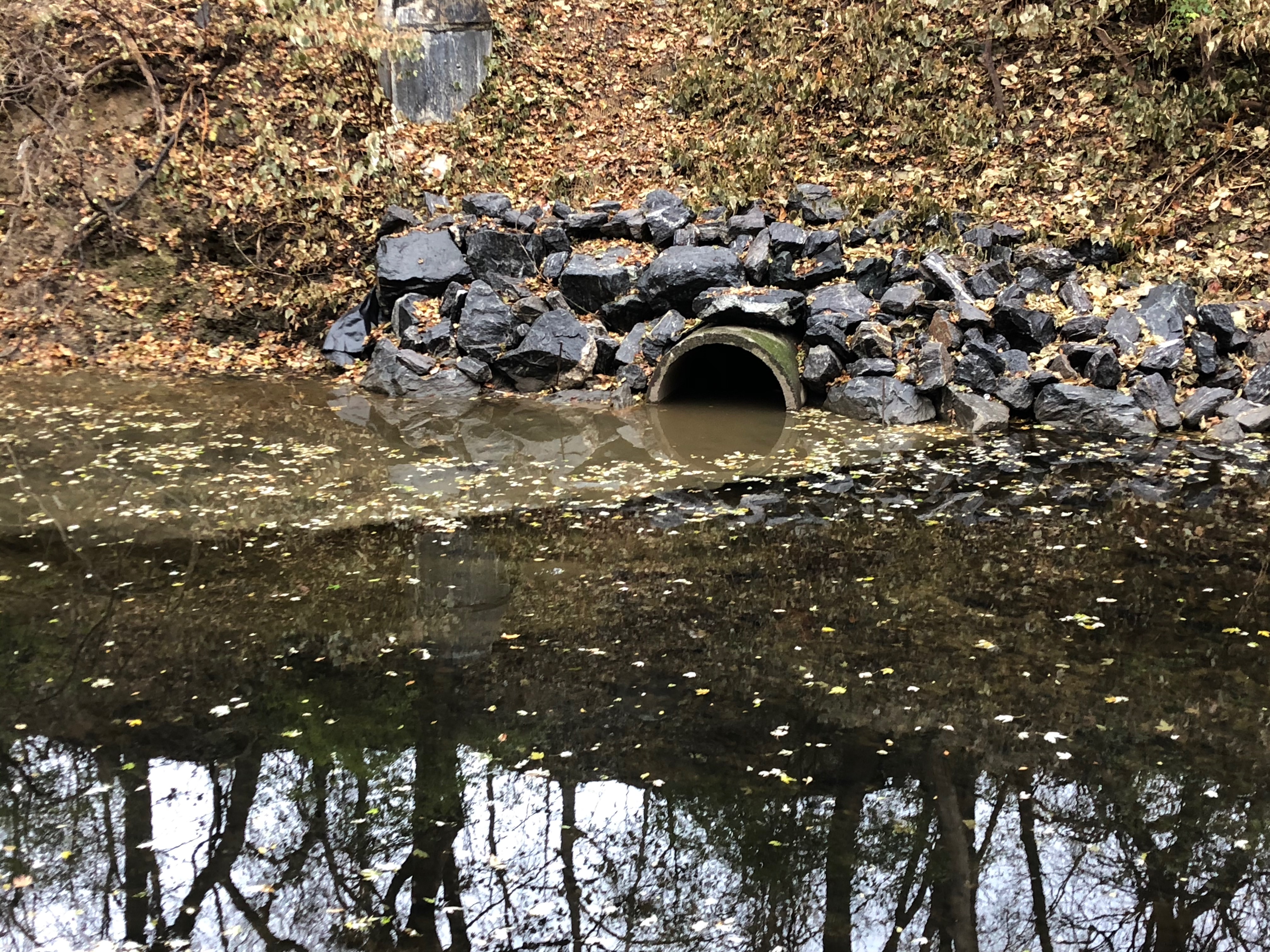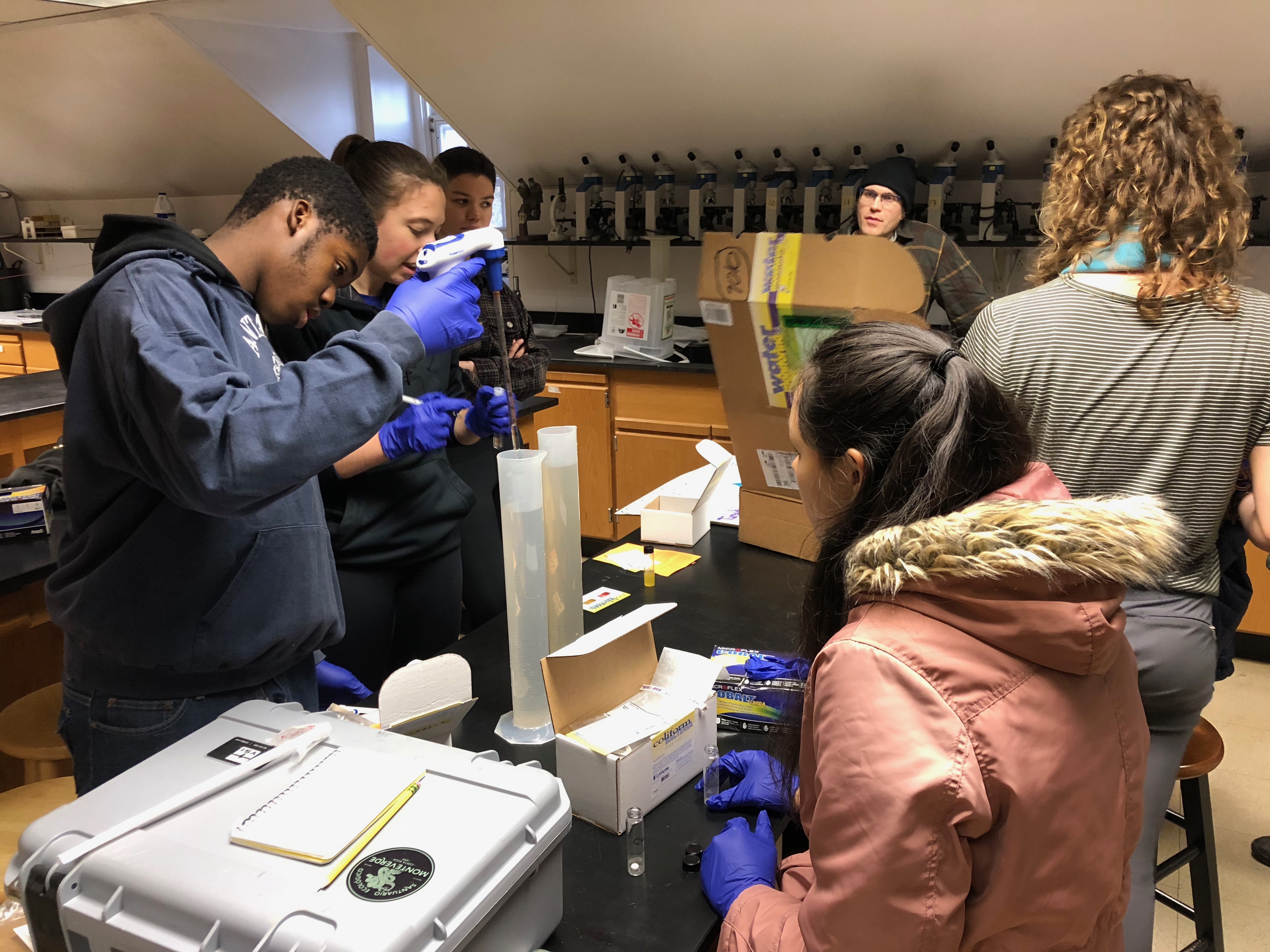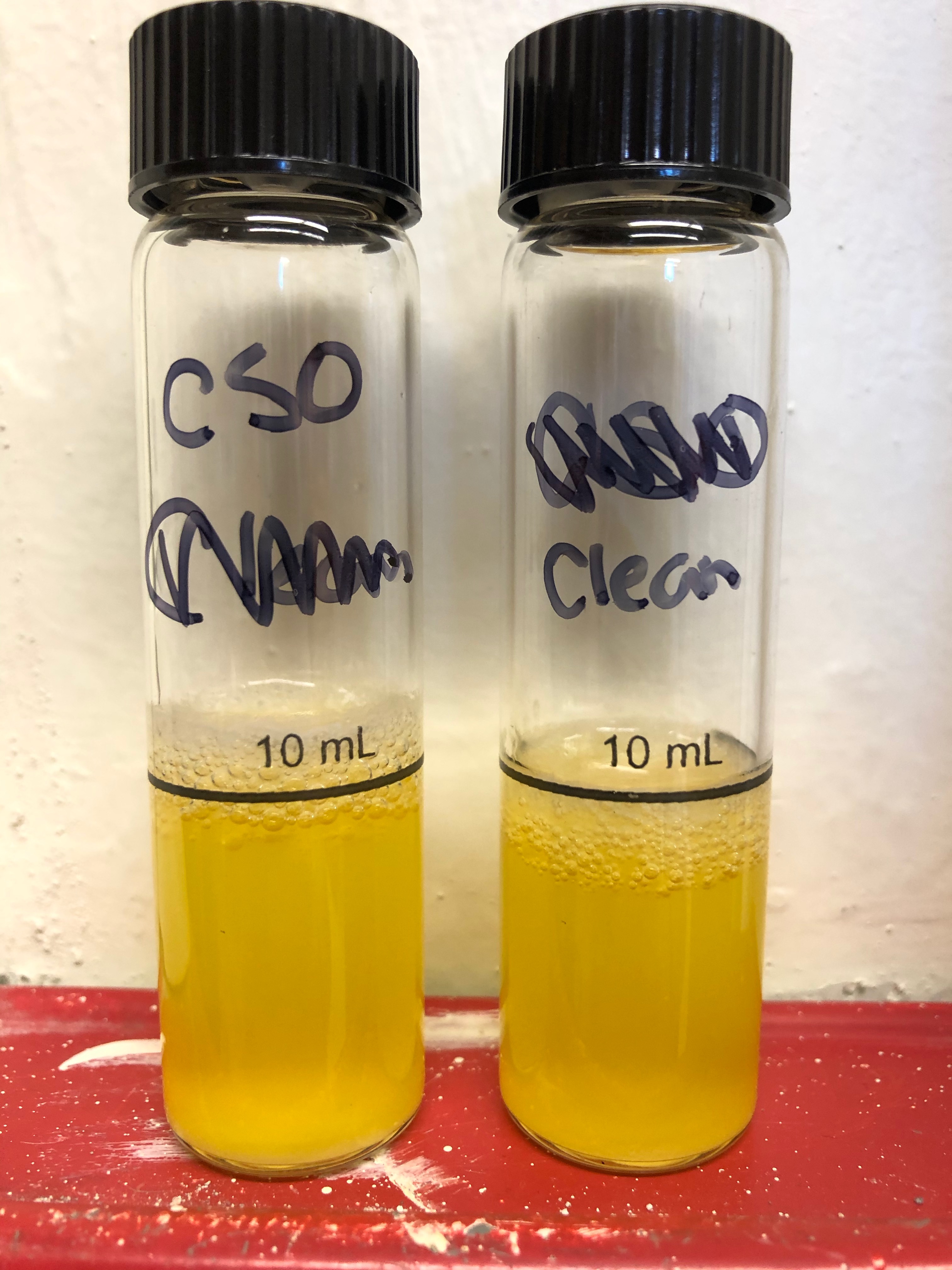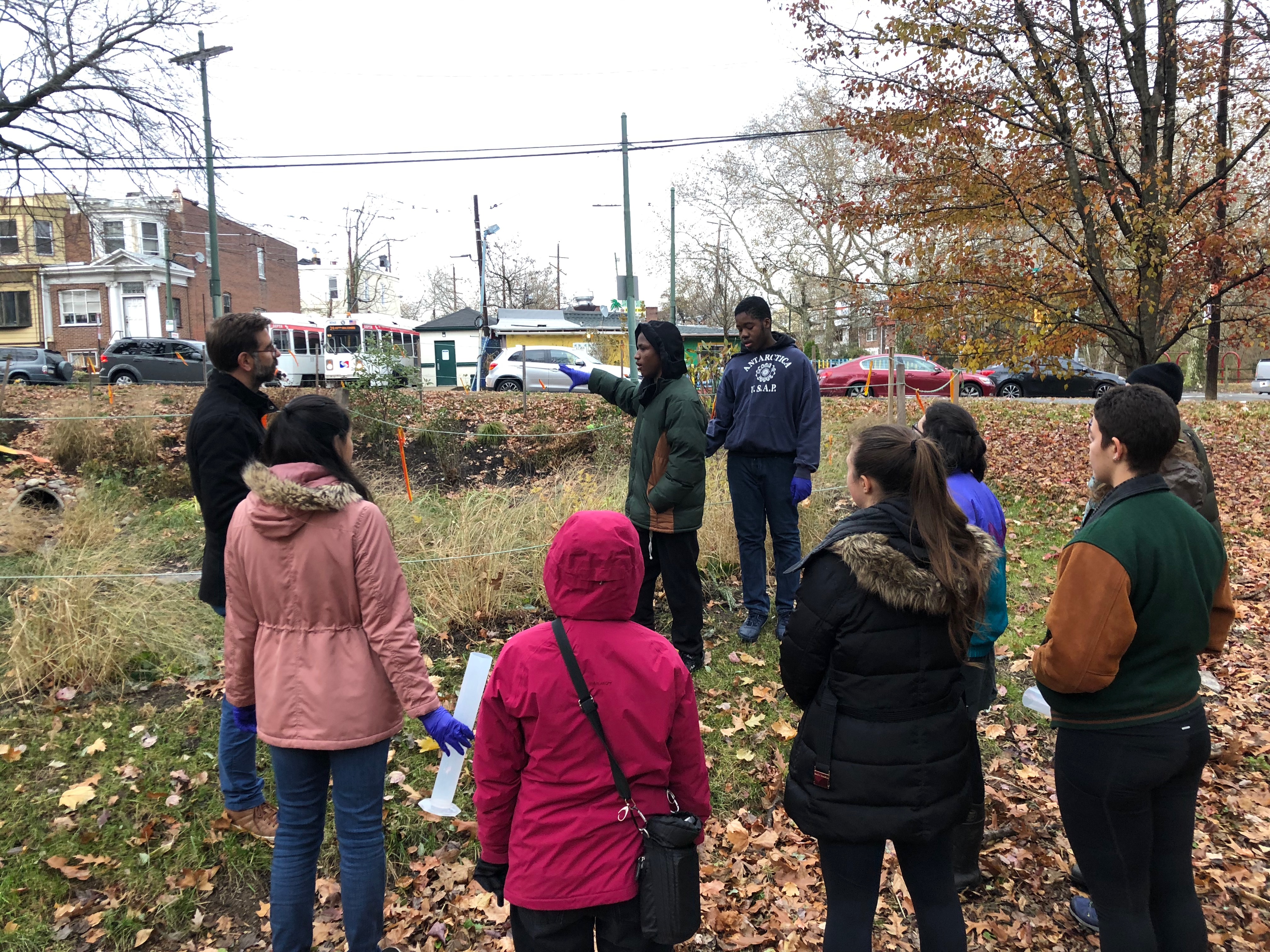2019 Faculty Seed Fund Sprouts and Shoots: Part 3
February 5, 2020
This is the third in a series of Field Notes focused on the work resulting from the 2019 Research and Teaching Seed Funds. These short posts offer a brief look at the second round of emergent initiatives in environmental humanities being developed by Penn faculty with support from PPEH seed funds. Each of the projects will also be featured in short presentations in February 2020 as a part of our Spring Brown Bag Series. Check out the schedule here!
Jump to Part 1
Jump to Part 2
Seeing the Invisible: Bringing the Microbiomes of the Schuylkill River and Cobbs Creek to the People
Byron Sherwood (Biology)
As an ecologist, I observe in an attempt to understand. As a Professor, I create opportunities for students to learn how to observe, because so often we cannot see what is before our eyes. The PPEH Teaching and Research Seed Fund provided the resources and intellectual freedom to create student-driven learning opportunities that catalyzed conversations between Penn scientists, Penn students, local community leaders, Philadelphia City officials, after school youth programs, artists, local schools, and K-12 students in West Philadelphia. Below are a sampling of three student projects that were made possible with the support of PPEH seed funds.
MUSSELS & MICROBES.
Penn undergraduate student, Izzy Viney (SAS, Class of 2019), designed original research to test how freshwater mussels may be used to clean Philadelphia’s urban waterways and what effect those mussels may have on ecosystem structure. Izzy is now analyzing microbial community DNA data to see how the action of mussel feeding and filtering affects the composition of bacteria that grow in the water. Izzy’s objectives were to better understand how mussels alter the numbers of human pathogens in these waterways while also engaging with the community about the ecological complexity of Philadelphia's urban waterways. The Schukill river, for example, simultaneously serves as a public water supply, recreational waterway, and depository of raw human sewage during stormwater and combined sewer overflow events.
COBBS CREEK WATER QUALITY TESTING WITH WATERSHED STEWARDS.
Penn undergraduate student Angela Schmitt (SAS Class of 2022) designed an activity for Penn undergraduate students to team up with the Philadelphia Watershed Stewards youth afterschool program to test the water quality of Cobbs Creek during a light rain event. Two sites were tested and compared, one sampled from the outflow of a combined sewer, and a second upstream. Both tested positive for fecal coliform bacteria.
A Photographic Exploration of Philadelphia’s Urban Greenspace
By Yasmin Wallis, School of Arts & Sciences, Class of 2021
“This project focuses on the availability and quality of Philadelphia’s urban green spaces as a measurement of economic disparity. I utilized a mixture of street and conservation photography. In the city of Philadelphia, racial and economic biases play a significant role in the allocation of city resources across the board. However, when I decided to photograph economic disparity in Philly, I knew that I had to find some aspect to convey and quantify what I was seeing. I chose to focus on urban green spaces because their connection to race and wealth is an issue very relevant to my life. Whether or not these spaces are as impactful to the future plans and goals of others, exposure to these areas are linked to a variety of physical and mental health benefits. Most notably, studies have demonstrated links between spending time in urban green spaces and a lower mortality rate and significant reduction in symptoms of mental illness. Additionally, the presence of urban green spaces within the urban sprawl results in decreased incidence of flooding events and a slight mitigation of the urban heat island effect. These benefits can help protect local homes and businesses from flooding damage and reduce summer energy usage for these neighborhoods. I hope these photographs can serve to raise awareness of unequal social access to valuable urban greenspaces.”
A public photo exhibition Yasmin Wallis’ project is scheduled for mid-Spring 2020 in Penn’s Leidy Laboratories of Biology.

